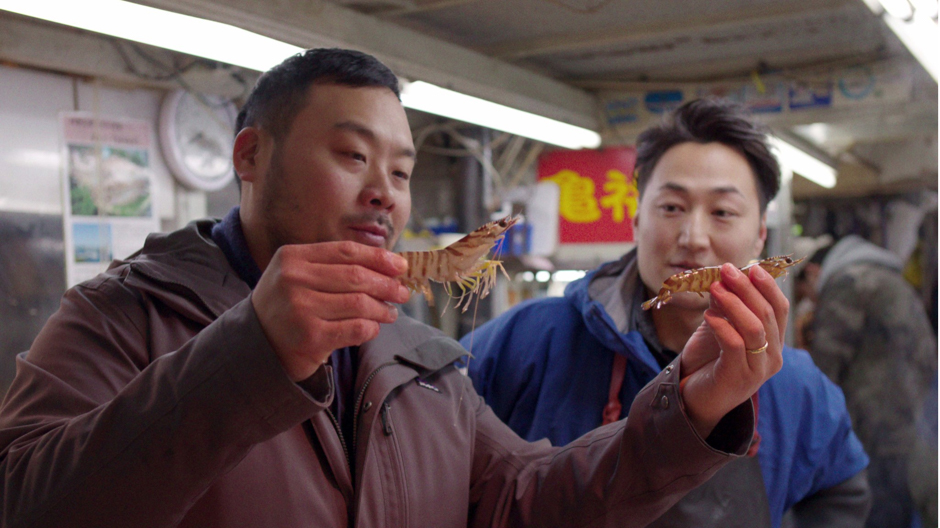Imagine being 437 years old.
You’re getting close to your 440th birthday, but you don’t look a day over 40. Of course, this would raise a lot of questions and unwanted attention, but there’s a society that takes care of that. Every eight years they’d handle all the logistics of moving you to a new place with a new identity and backstory. In exchange, all you need to do is assassinate somebody who knows a little too much about your fellow slow-agers.
This is pretty much the story of Matt Haig’s new book, How to Stop Time.
The conditions surrounding Tom’s life demand a few things, namely not getting too attached to people or places. After all, he only gets eight years with them. Still, the book is built on the idea that attachment is inevitable, even when separation comes with a sting. Throughout the novel, Tom continues to grieve his late wife who passed sometime in the early 17th Century due to the Plague. He also seeks out information about his daughter, who he is pretty sure ages as slowly as he does. Of course, all of this is to the displeasure of that secret society, creating some drama, but the real tension comes with all the inner turmoil of outliving most of your loves by leaps and bounds.
It’s still relatively early in this year, but I’m pretty confident that by the end of the year I’ll be thinking of it as one of my favorites.
How To Stop Time speaks to a widely shared anxiety by playing out its logical extreme.
I’m gonna pause for a minute right here and admit that I wrestle with the constant feeling of time going by way too fast for my taste. Events like graduating from college, or even high school, don’t feel as long ago as they really were. It makes me a little uncomfortable thinking about how quickly my twenties have gone by. If my thirties do the same, well, then there’s a good chunk of life in the rearview.
It’d be one thing if my main concern was aging. But it’s actually the other cruel things that come with time- watching my parents get older. Years taking away loved ones. All that stuff. I’ve written about it before.
I frequently hear people mention how fast time flies, but many don’t go any deeper than that. Like we acknowledge its speed, but often gloss over the other implications. I think that’s why it’s very refreshing that How To Stop Time goes there.
So many of the best stories take a widely felt human experience and let it play out in larger-than-life settings. The futuristic world of Big Hero 6 and the vibrant afterlife of Coco might be foreign to us, but loss, grief, and family are familiar enough themes.
The quirky, creative premise of Tom’s situation in How To Stop Time is just a vehicle for a real story that surrounds grief, anxiety, and attachment. It’s yet another great example of using larger-than-life stories to relate to real life.
How To Stop Time calls us to live deeper into our own lives.
A lot of very good stories serve an escapist purpose. They’ll allow us to forget about our own struggles and concerns for a little bit and escape into another world. So many people tune into books, movies, and shows for exactly that reason.
Transformative stories, however, call us to engage with our own lives in richer, deeper ways. They’re the kinds of movies where you walk out of the theatre energized to make some change the world really needs. They’re the kinds of books that make you ask new questions about your life long after you put them down.
Great stories have purpose.
How To Stop Time is one of those kinds of stories.
It asks questions like: “If I could taste the sweetness of today without thinking of how I will miss that taste tomorrow? If I could not fear the passing of time and the people it will steal? Yes. What would I do? Who would I care for?"
The purpose of its pages is to remind us to live fully and love freely- after all, there’s not much of a point of living so many years when you can’t love anyone or anything. And even though entire years can slip by in an instant, single moments can come that strike us with so much meaning that we live the rest of our lives in their effect.






